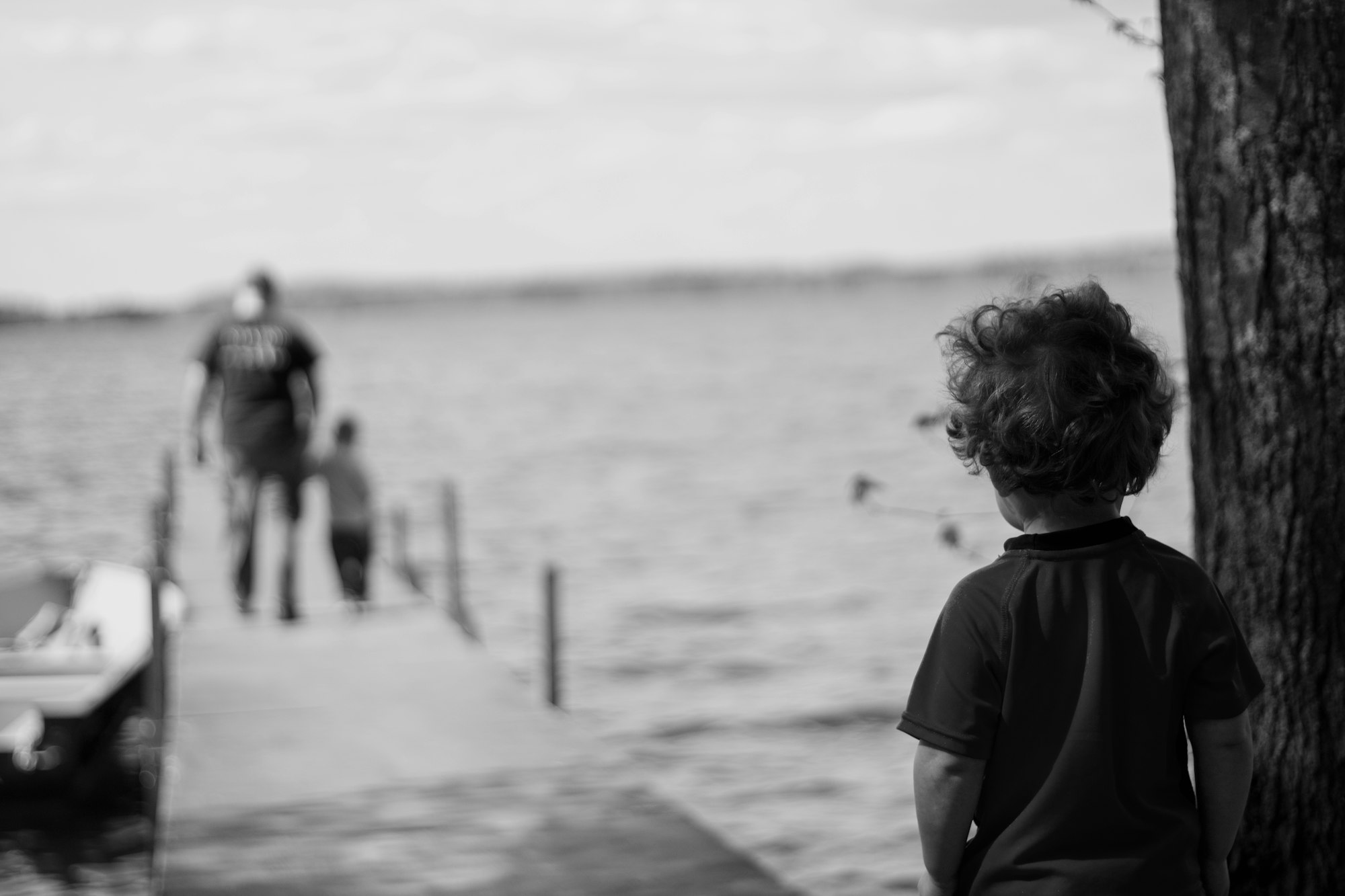
You might not have Anxiety or Depression
What if you approached your anxiety and depression from a trauma-informed stance?
Disclaimer: I am not a doctor or mental health professional. I speak from my own experience and research. Take what is helpful here and leave the rest.
This article by Vicki Peterson, certified trauma recovery coach, stopped me in my tracks a few weeks ago. In "When Complex Trauma is Misdiagnosed as Anxiety," she makes an convincing case that we can't adequately support people suffering from Complex PTS/D with the tools we use for ordinary depression and anxiety.
Complex trauma is defined by the duration of the traumatic event/s. Whereas simple trauma is usually one short-lived event of intense life-or-death emotions (such as a car accident or bomb blast), complex trauma is the culmination of prolonged, repeated trauma that undermine the brain's sense of safety and security. "A protracted state of captivity, physically or emotionally" (source).
Complex trauma arises in situations such as chronic attachment trauma in childhood, incarceration, the emotional and psychological abuse in a covert domestic violence situation, or when parenting is trauma.
Making the distinction between generalized anxiety or depression and the long-lasting reverberations of complex trauma is really important.
It is possible (and likely) that someone suffering from the effects of complex trauma is also feeling anxious and depressed, but there is a difference to the root cause. Many effective strategies that treat anxiety and depression don’t work for trauma survivors. Meditation and mindfulness techniques that make one more aware of their environment sometimes can produce an opposite effect on a trauma survivor. Trauma survivors often don’t need more awareness. They need to feel safe and secure in spite of what their awareness is telling them.
(source)
Leslie and I have been working hard on unpacking our life experiences with our therapists. The trauma has been real, and it seems to be the root of a lot of the anxiety and depression we've been feeling over the years. There are effective modalities for recovering from complex trauma, some of which have been extremely helpful.
Read the article and see what resonates. Maybe there's a missing piece here that you've needed to unlock your next level of healing.
If you want to read more about complex trauma in a really compassionate and easy to understand way, this pamphlet, written for kids and teens, from the National Childhood Traumatic Stress Network, is fantastic.


